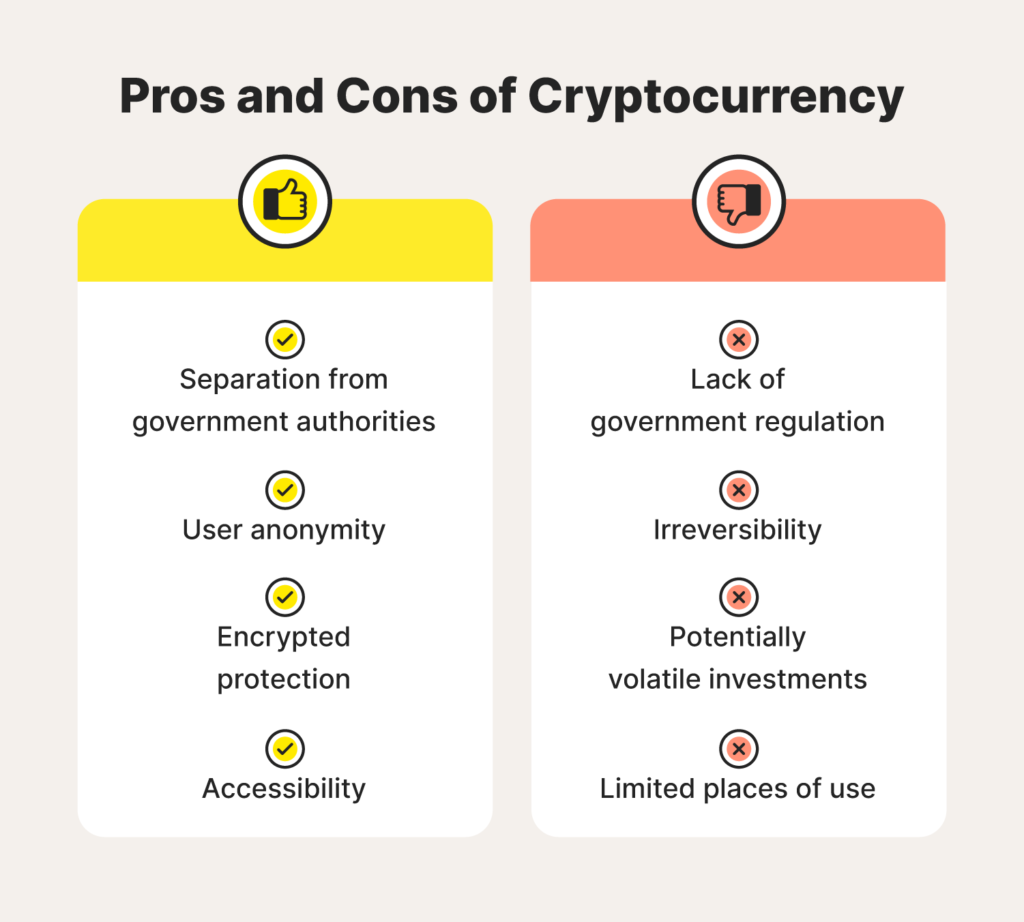Is Cryptocurrency Dead?
Cryptocurrency is a digital or virtual currency that uses cryptography for security. Cryptocurrencies are decentralized, meaning they are not subject to government or financial institution control. Bitcoin, the first and most well-known cryptocurrency, was created in 2009. Cryptocurrencies are often traded on decentralized exchanges and can also be used to purchase goods and services.
Cryptocurrency is often lauded for its potential to provide a more secure and efficient way of conducting transactions compared to traditional fiat currencies. Cryptocurrencies have also been praised for their potential to help reduce fraudulent activities. However, cryptocurrency has come under fire in recent years due to concerns over its lack of regulation, volatility, and use in illicit activities. Despite these challenges, cryptocurrency remains an active area of innovation and investment.
History of Cryptocurrency
Cryptocurrency is a digital or virtual currency that uses cryptography for security. Cryptocurrencies are decentralized, meaning they are not subject to government or financial institution control. Bitcoin, the first and most well-known cryptocurrency, was created in 2009. Cryptocurrencies are often traded on decentralized exchanges and can also be used to purchase goods and services.
Cryptocurrency is a relatively new phenomenon, and its history is still being written. However, there are a few key events that have shaped the cryptocurrency landscape over the past decade.
The creation of Bitcoin in 2009 is undoubtedly the most important event in cryptocurrency history. Satoshi Nakamoto’s white paper “Bitcoin: A Peer-to-Peer Electronic Cash System” laid out the vision for a decentralized electronic cash system that could function without the need for trust or central Authority. This breakthrough gave birth to an entirely new asset class and sparked a global wave of innovation that continues to this day.
The launch of Ethereum in 2015 was another pivotal moment for cryptocurrency. Ethereum introduced smart contracts, which allow developers to build decentralized applications on top of its blockchain. This opened up a world of possibilities and has led to the creation of thousands of different cryptocurrencies and blockchain projects.
The explosive growth of cryptocurrency in 2017 was perhaps the most significant event in its history thus far. Prices soared to unprecedented levels as mainstream interest in Bitcoin and other cryptocurrencies reached an all-time high. Unfortunately, this growth was not sustainable and prices.
The Pros and Cons of Cryptocurrency
Cryptocurrency has been around for a while now and has gained a lot of popularity, but is it here to stay? Below we explore the pros and cons of cryptocurrency to help you make up your mind.
The Pros of Cryptocurrency
- Cryptocurrency is decentralized. This means that no government or financial institution can control it. This can be seen as a good thing because it means that no one can manipulate the market or block transactions (like they can with fiat currency).
- Cryptocurrency is anonymous. When you make a transaction with cryptocurrency, your personal information is not attached to it. This adds an extra layer of security and privacy for users.
- Cryptocurrency is fast. Transactions are typically confirmed within minutes, making it a great option for online purchases or sending money overseas.
- Cryptocurrency is global. It can be used by anyone, anywhere in the world. There are no borders with cryptocurrency.
The Cons of Cryptocurrency
- Cryptocurrencies are volatile. Their prices fluctuate A LOT and this can make them risky investments (especially if you’re not knowledgeable about the market).
- They’re not yet regulated which also adds to their volatility since there’s no one overseeing them.

Current State of Cryptocurrency
The current state of cryptocurrency is very much alive. In fact, it’s thriving. There are new ICOs (initial coin offerings) being announced every day, and new exchanges popping up all the time. Trading volume is at an all-time high, and the market capitalization of all cryptocurrencies combined is now over $100 billion. So, no, cryptocurrency is not dead.
Challenges Facing Cryptocurrency
The challenges facing cryptocurrency are largely due to the fact that it is still a relatively new technology. As such, there are a number of issues that need to be addressed in order for it to become more widely accepted and used. These include:
- Volatility: Cryptocurrency prices can be very volatile, which makes them difficult to use as a mainstream currency. This volatility is often due to speculation and the lack of regulation in the market.
- Lack of awareness: There is still a lack of awareness about cryptocurrency among the general public. This means that many people are not familiar with how it works or what its potential benefits are. This needs to change if crypto is to reach its full potential.
- Fraud and security: Due to the decentralized nature of cryptocurrency, it can be difficult to protect against fraud and theft. There have been a number of high-profile hackings and scams in the space, which has damaged confidence in the sector.
- Infrastructure: In order for cryptocurrency to be widely adopted, there needs to be robust infrastructure in place. This includes things like exchanges, wallets and payment processors that are reliable and easy to use.
Possible Solutions
There are a few possible solutions to the current state of cryptocurrency. One is to increase regulation in order to prevent scams and protect investors. Another is to create more user-friendly platforms that are accessible to a wider range of people. Education is key in helping people understand how cryptocurrency works and its potential benefits.
Increasing regulation could help to restore confidence in cryptocurrency and attract more mainstream investors. This would require cooperation from government agencies and financial institutions. Creating user-friendly platforms is also essential in order to make cryptocurrency more accessible.
These platforms should be designed with beginners in mind and offer features that make it easy to buy, sell, and store digital assets. Education is critical in increasing understanding of cryptocurrency and its potential uses. Providing resources that explain how cryptocurrency works and its advantages could encourage more people to invest in this emerging asset class.
Conclusion
Cryptocurrency may be volatile and unpredictable, but it is far from dead. It has shown that it can adapt to the changing landscape and remain relevant even in today’s economy. While risks associated with investing in cryptocurrency still exist, those who are willing to take a chance may find strong rewards as well. As technological advancements continue to shape the future of money, we may yet see greater use for digital currencies in our everyday lives.






